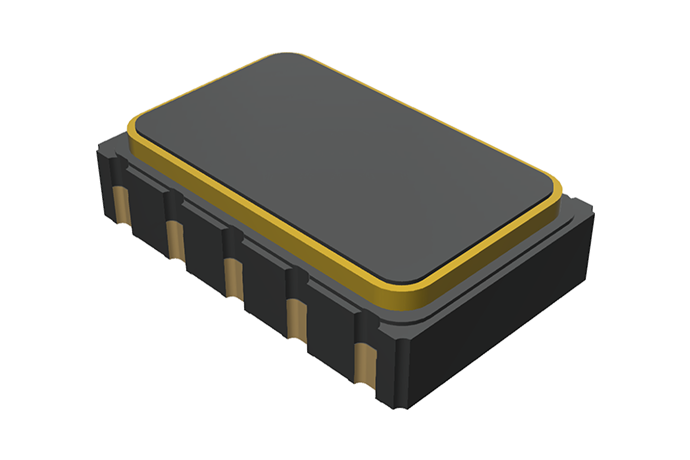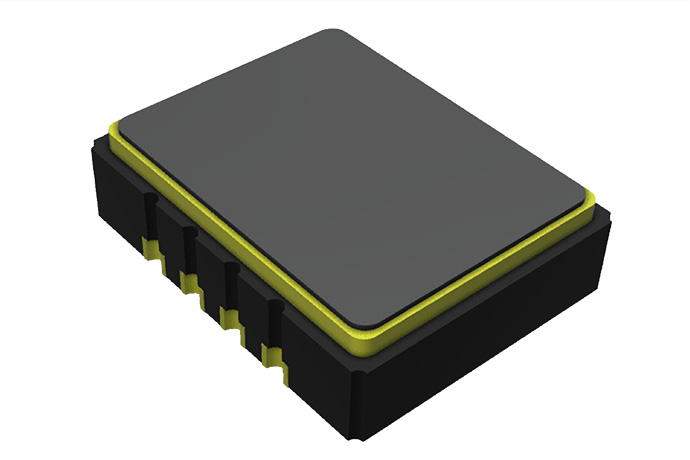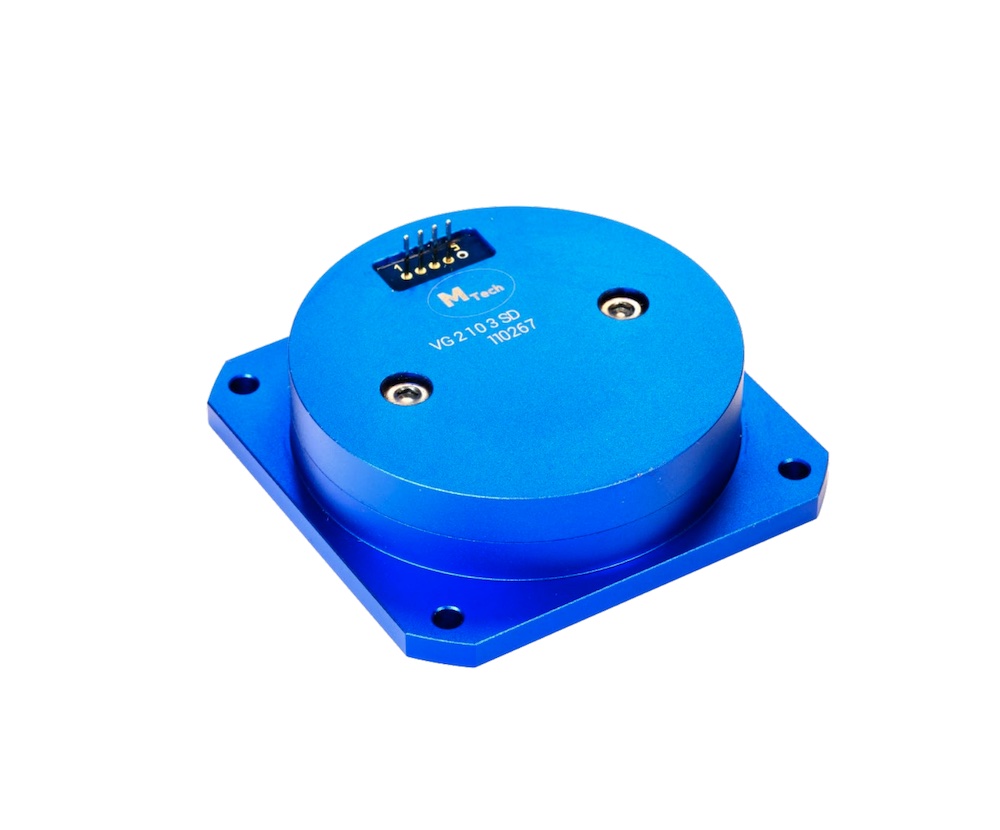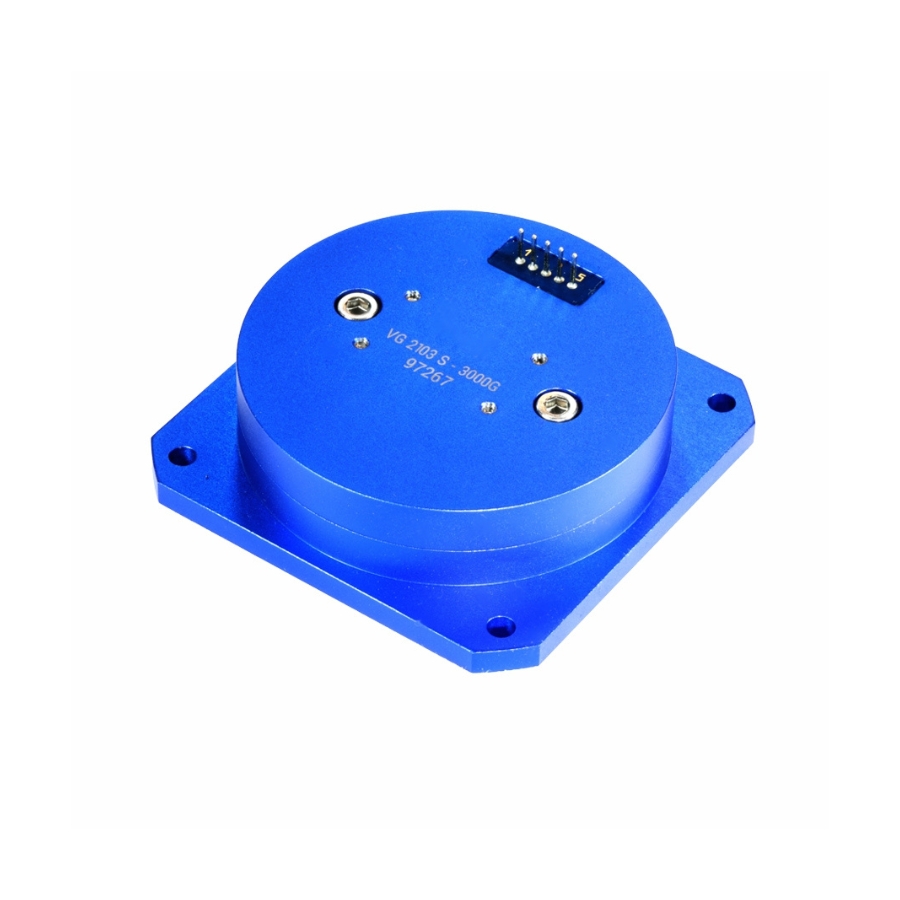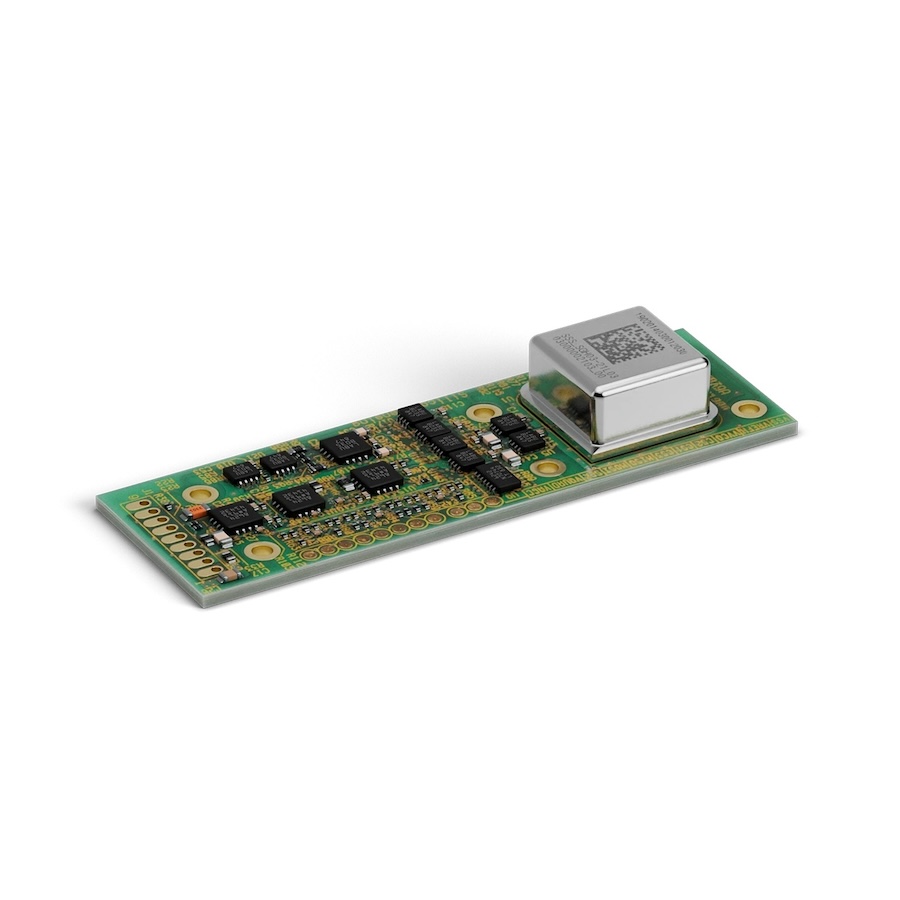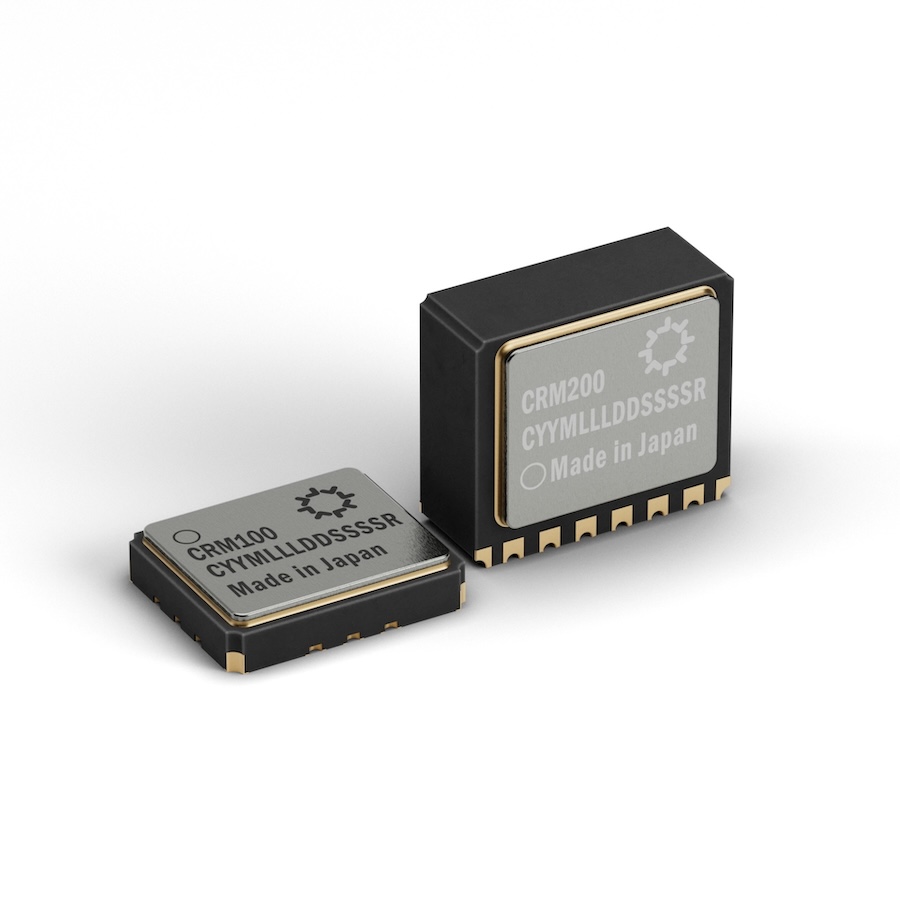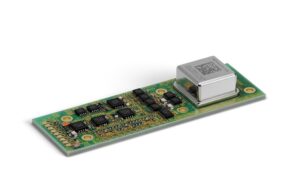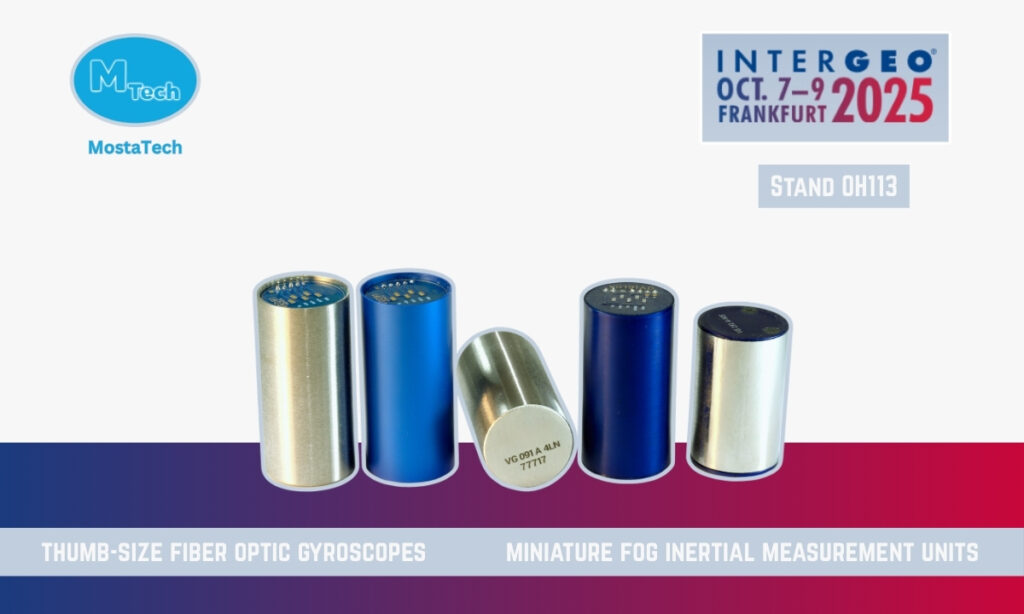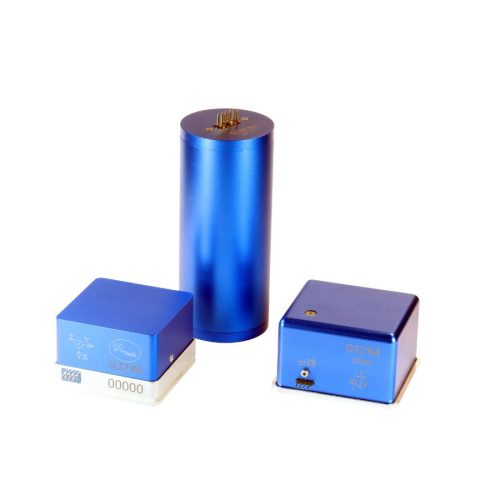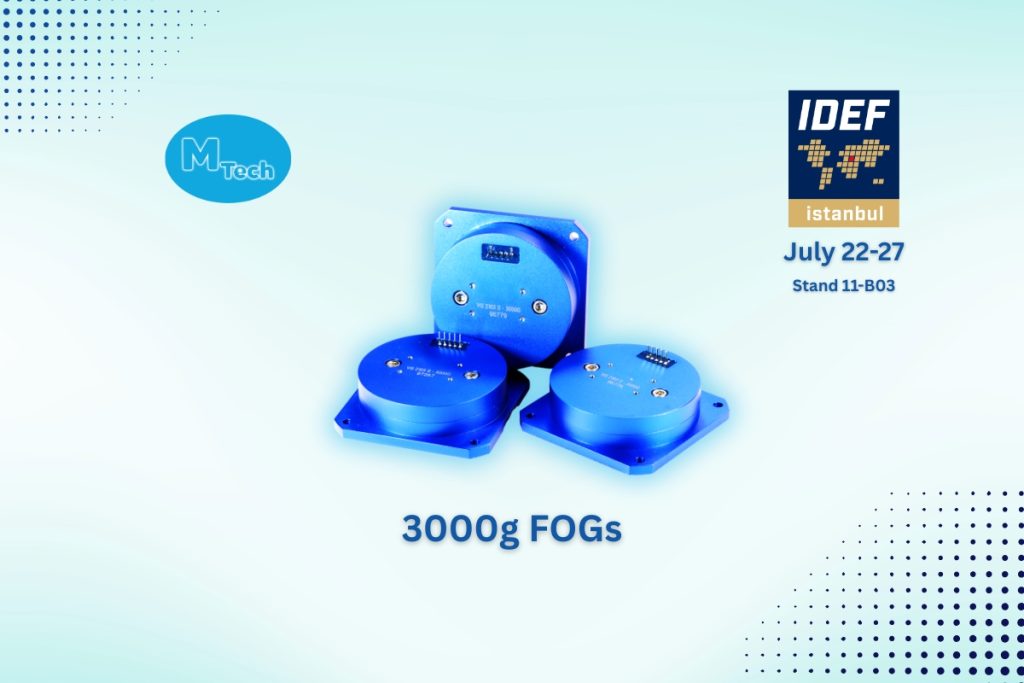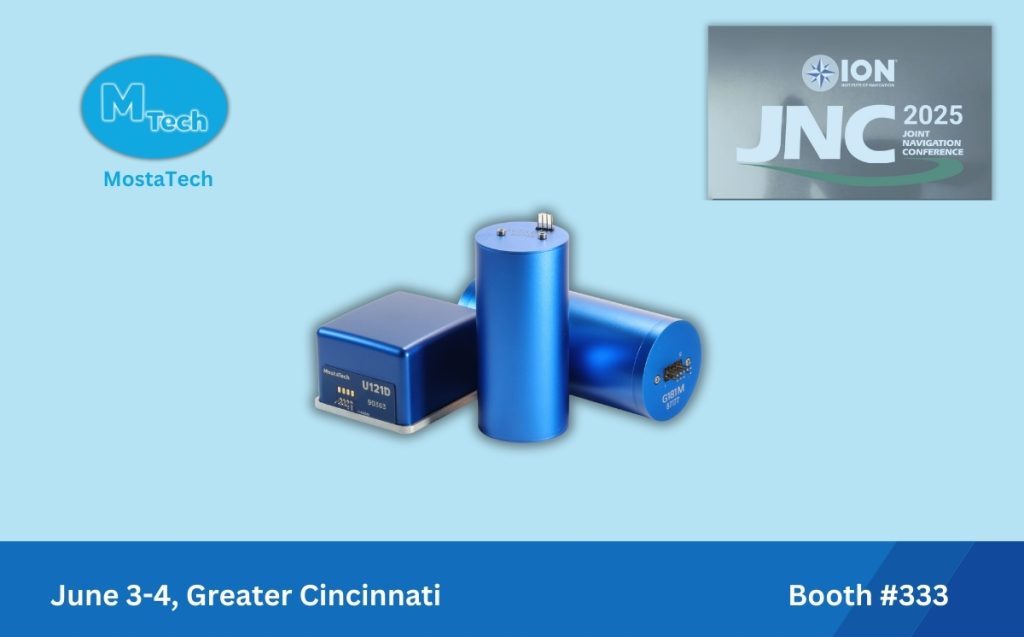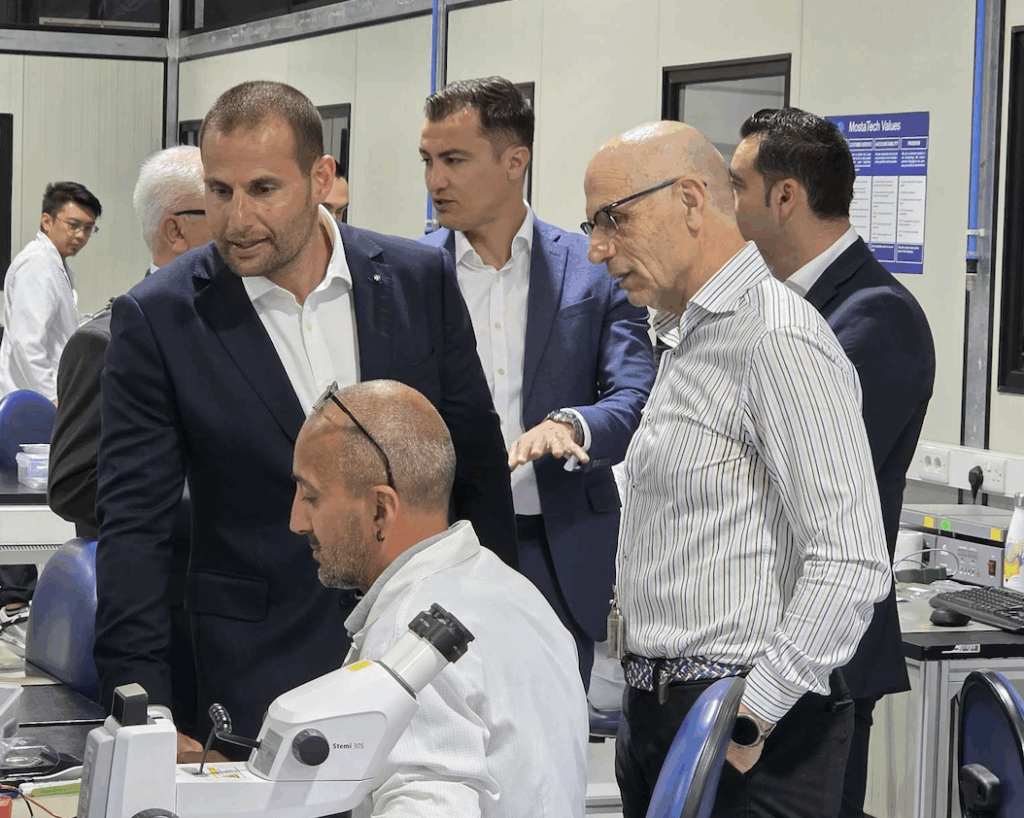Suppliers
Add your company
Advanced Motion Sensing Solutions for Offshore & Marine Autonomous Systems
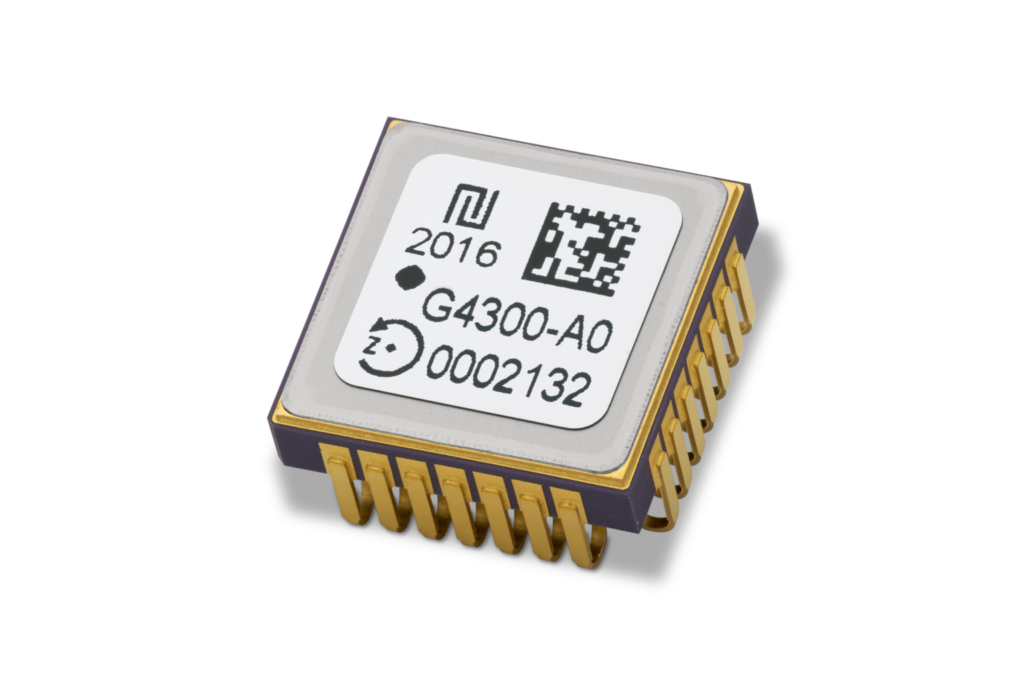
High-Performance MEMS-Based Inertial Sensing Solutions for Marine, Offshore & Underwater Applications
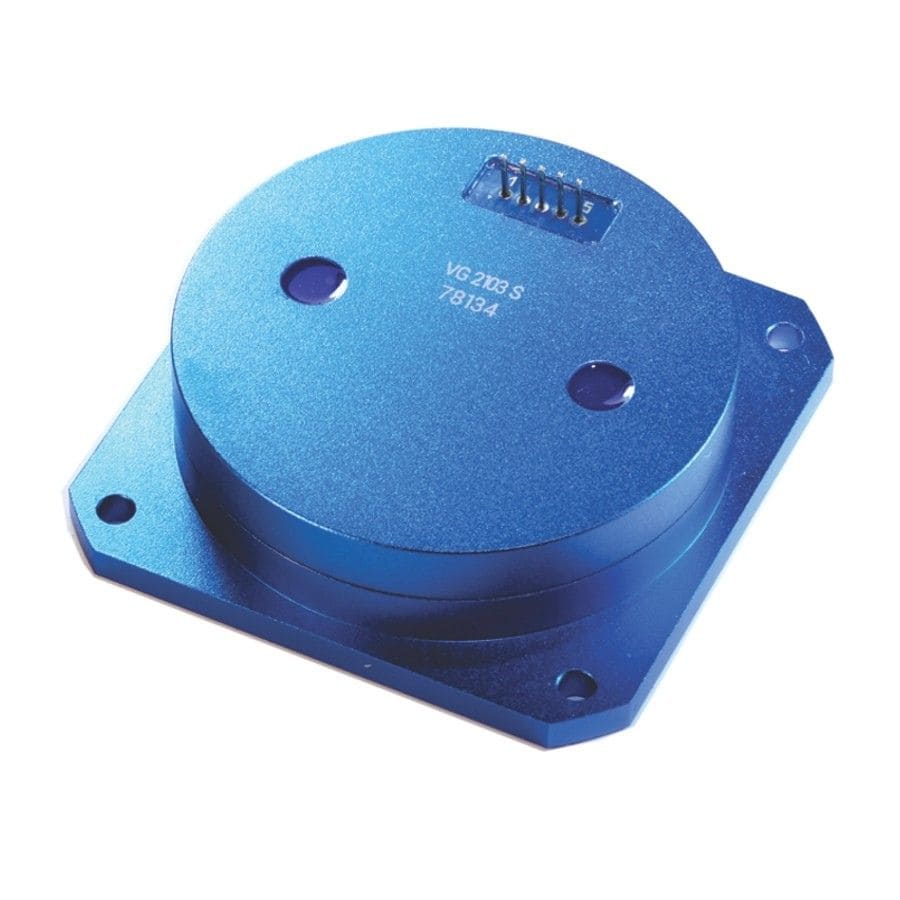
Cutting-Edge Low-SWaP Fiber Optic Gyroscopes (FOG) & FOG IMUs for Precision Motion & Orientation Measurement
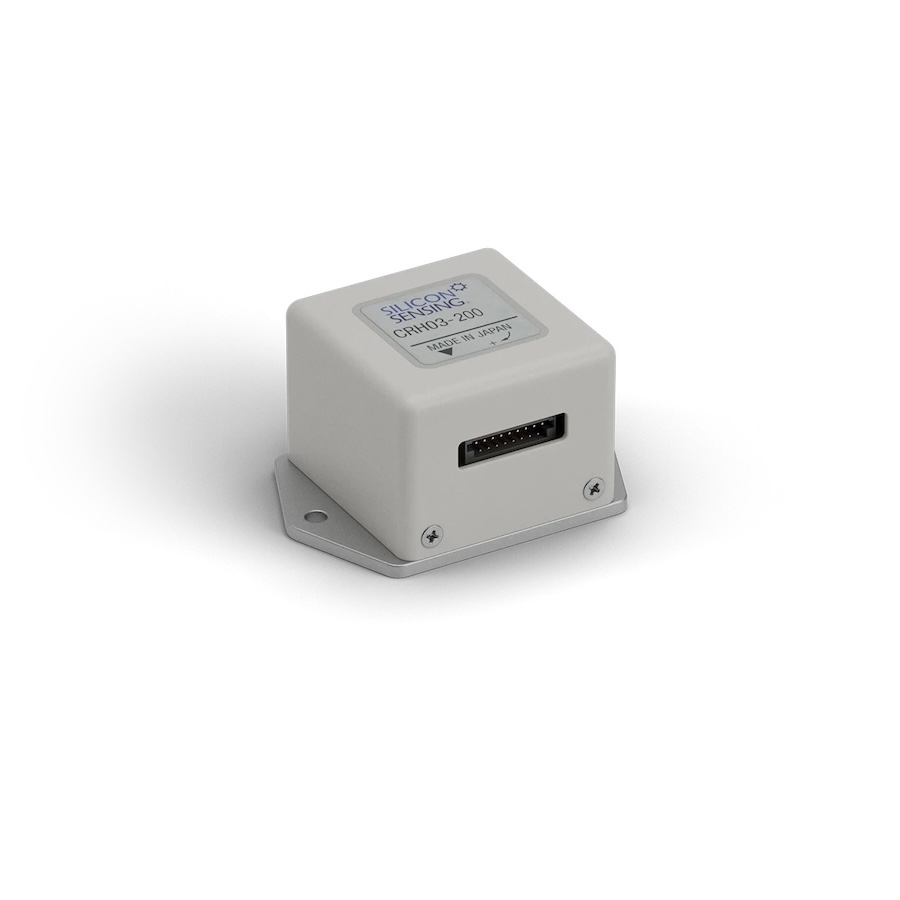
High-Performance MEMS Gyroscopes, Accelerometers & Inertial Systems for Marine & Maritime Applications
If you design, build or supply Gyroscopes, create a profile to showcase your capabilities on this page
Products
Gyroscopes for Marine Applications
What Are Gyroscopes?
Gyroscopes are devices that measure angular velocity, enabling precise determination of orientation and motion. Advanced sensors such as MEMS (Micro-Electro-Mechanical Systems) gyroscopes and fiber optic gyroscopes achieve this by utilizing the principles of inertia and light, respectively. By continuously monitoring changes in angular rate, gyroscopes maintain stability and provide critical data for navigation and control.
Applications of Gyroscopes in Marine Environments
Marine vessels and submersibles rely heavily on gyroscopes to maintain accurate positioning and stability. In USVs and AUVs, gyroscopic sensors work alongside accelerometers to provide real-time orientation data essential for autonomous navigation and remote operation. Key applications include:
- Stabilization: Gyroscopes mitigate the effects of waves and currents, ensuring smooth operation for marine vessels and submersibles.
- Navigation: As part of gyrocompass systems, gyroscopes enhance the accuracy of heading and positioning in dynamic marine environments.
- Control Systems: Gyroscopic data enables precise maneuvering for unmanned vehicles operating in confined or complex underwater spaces.
Types of Gyroscopes for Marine Applications
MEMS Gyroscopes
MEMS gyroscopes are compact, lightweight, and highly durable, making them ideal for marine applications. These sensors utilize micro-fabricated components to measure angular rate and are commonly integrated into unmanned surface vessels (USVs) and autonomous underwater vehicles (AUVs) for enhanced maneuverability and navigation.
Fiber Optic Gyroscopes (FOGs)
Fiber optic gyroscopes (FOGs) offer exceptional precision and reliability. They detect angular velocity through light interference and are particularly suited for demanding underwater applications, where robustness and accuracy are critical.
Laser Gyroscopes
Known for their high sensitivity, laser gyroscopes are employed in advanced navigation systems for larger marine vessels requiring long-term stability and performance.
Digital Gyroscopes
Digital gyroscopes combine traditional mechanical components with advanced digital processing, delivering enhanced accuracy and ease of integration in marine systems.
Benefits of Gyroscopes in Marine Technology
Gyroscopes and their associated sensors, such as accelerometers and angular rate sensors, offer numerous advantages for marine applications, including:
-
Improved Navigation: Accurate heading and positioning enable efficient and safe route planning.
- Enhanced Stability: Gyroscopic systems counteract destabilizing forces, ensuring smoother operations.
- Autonomy Support: Critical for USVs and AUVs, gyroscopes enable precise control in complex underwater environments.
Integration with Marine Systems
Gyroscopes are seamlessly integrated into a variety of marine platforms:
- USVs and AUVs: MEMS gyroscopes and FOGs enhance agility and operational accuracy in both surface and underwater scenarios.
- UUVs: Fiber optic gyroscopes are preferred for their high precision in deep-sea environments, crucial for survey and exploration missions.
- Gyrocompass Systems: Combining gyroscopes with accelerometers and other sensors, gyrocompasses provide unparalleled heading accuracy without reliance on magnetic fields.
Advances in Gyroscopic Technology
The development of MEMS gyroscopes and fiber optic gyroscopes has revolutionized marine navigation. These innovations offer:
- Miniaturization: MEMS technology allows for compact, lightweight designs ideal for unmanned systems.
- Enhanced Precision: FOGs deliver exceptional performance in high-pressure underwater conditions.
- Integration Capabilities: Gyroscopes are increasingly compatible with digital navigation systems, allowing seamless operation within existing marine technology infrastructures.
Gyroscopes are indispensable for modern marine operations, supporting the navigation, stability, and control of vessels ranging from USVs to AUVs. With advancements in MEMS and fiber optic gyroscope technologies, these sensors continue to enhance the performance and reliability of marine systems in diverse environments. Whether stabilizing large vessels or guiding autonomous submersibles, gyroscopes remain a cornerstone of marine technology, enabling safer and more efficient exploration of the world’s oceans.








